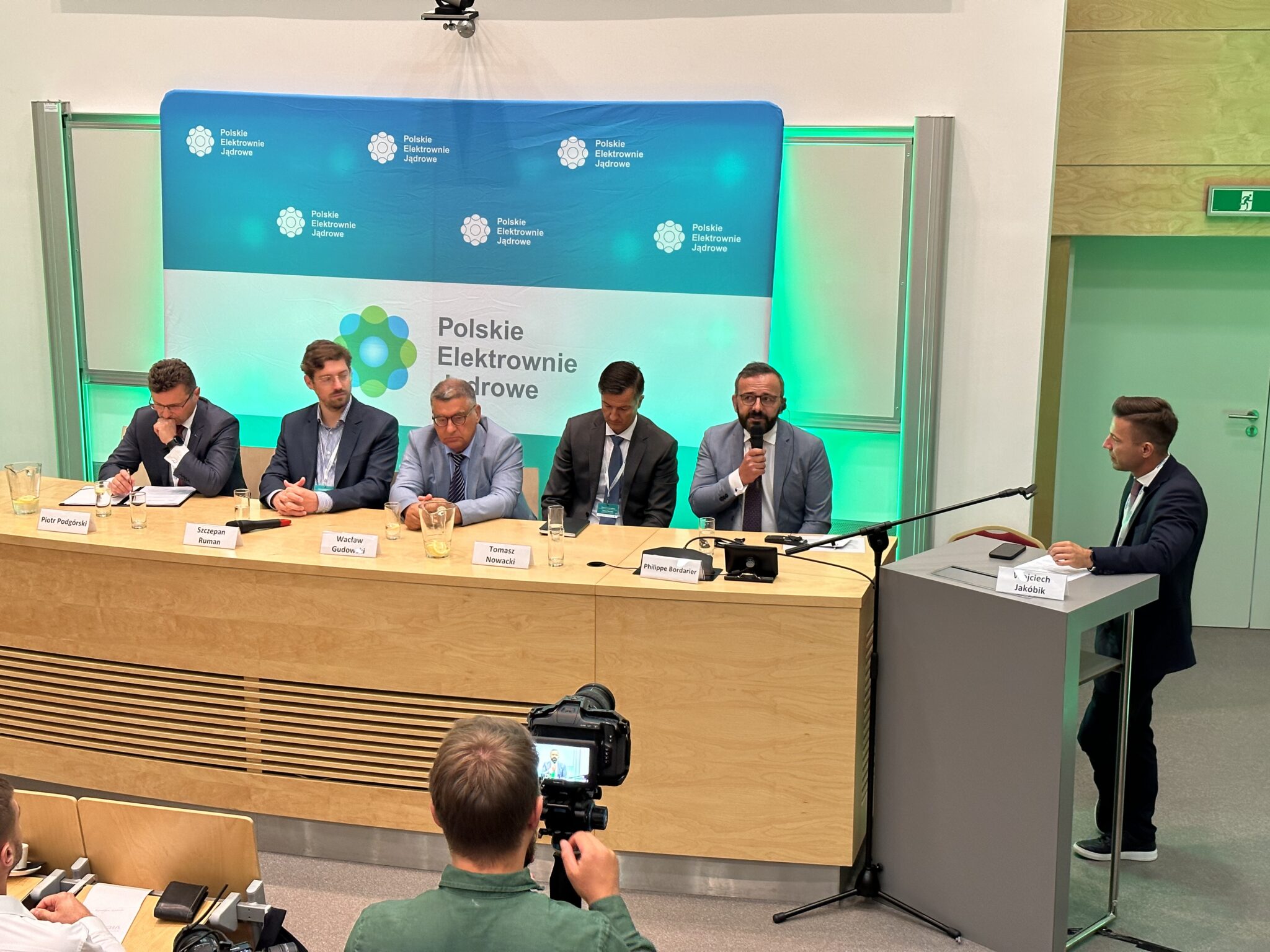Just like the classic said „cadres decide everything” and this is true about the growing number of NPP projects in Poland, which were the topic of the 1st Nuclear Energy Congress under the patronage of BiznesAlert.pl.
Professor Wacław Gudowski, advisor on nuclear technology at Orlen Synthos Green Energy talked about the return on investment in nuclear power. „The investments in nuclear power plants in the 60s and 70s paid for themselves after 15 years. Currently, the technology is more expensive, so such facilities will pay off in 30 years, but such an investment will itself generate great profits. Despite the higher capital costs, everything will be paid back,” he explained. „Paradoxically, the closer a village or town is located to the reactor, the support for the atom is greater,” he said.
„In this respect, the example of Sweden is interesting, because the storage of the spent fuel has been resolved well as several local governments competed against each other, which have guaranteed local communities jobs for hundreds of years. I would like to point out that the atom is the only stable, emission-free source of energy,” Gudowski added. „Energy security should not dependent on third countries. According to my research, the energy system begins to destabilize when over 30 percent of the mix is constituted by unstable sources. Atomic power will guarantee the stability and proper functioning of the entire electricity system,” the professor explained.
„A nuclear power plant brings benefits to local communities,” said Philippe Bordarier, Chief Nuclear Officer of Polish Nuclear Power Plants. „In France, one power plant needs approx. 2,000 people, which gives a chance to start families, a stable source of income and even more jobs,” he promised.
„We have plans to build new roads and railways for the power plant in Pomerania, but civilians will also be able to use this infrastructure,” Bordarier said. „From my experience working in France, Finland and the UK, I know that such projects will bring great benefits to local business. Moreover, in the long term, the power plant will entail the construction of schools, nurseries, hospitals and shops, which will be very beneficial for the surrounding villages,” he stated.
„When I was a director of a power plant in Provence, which is one of the most beautiful regions in all of France, I can safely say that such an investment does not have a negative impact on local tourism, and some of them even wanted to visit the power plant,” the conference guest said.
„The pace of construction is really impressive, but on the other hand we can not forget about the quality and technical requirements that we are now dealing with and which since the 70s they’ve changed a lot. KGHM supports and wants to develop its own atom, but we need to look at the problem realistically,” said KGHM’s Director for Transition.
„I think that human resources will be a bigger problem than money,” warned Szczepan Ruman from the Świętokrzyskie Industrial Group Industria. „For investors, the cost of money depends on risk. If Rolls-Royce is behind the project, I expect the cost to be lower. Please note that our energy bills will actually fund the construction of the reactors,” he added.
„When more reactors are built in the meantime, there will also be institutions that will finance such projects depending on the quality of the project. Currently, none of the investors are setting aside funds for investments in a few years. At the moment, the biggest problem will be access to companies, specialists and resources for construction, not sources of funding,” explained the guest of the conference.
„I believe that the rapid construction of reactors in the technical sense is already possible today. However, I think that competition for resources in the form of workers and construction materials will play a key role.| agreed Tomasz Nowacki, member of the management board of PGE PAK Energia Jądrowa. „From the perspective of the Polish economy, any such investment will strengthen our country. Any future nuclear projects pursued by state-owned companies will be a valuable experience for other companies,” he said.
Compiled by Wojciech Jakóbik and Jacek Perzyński









